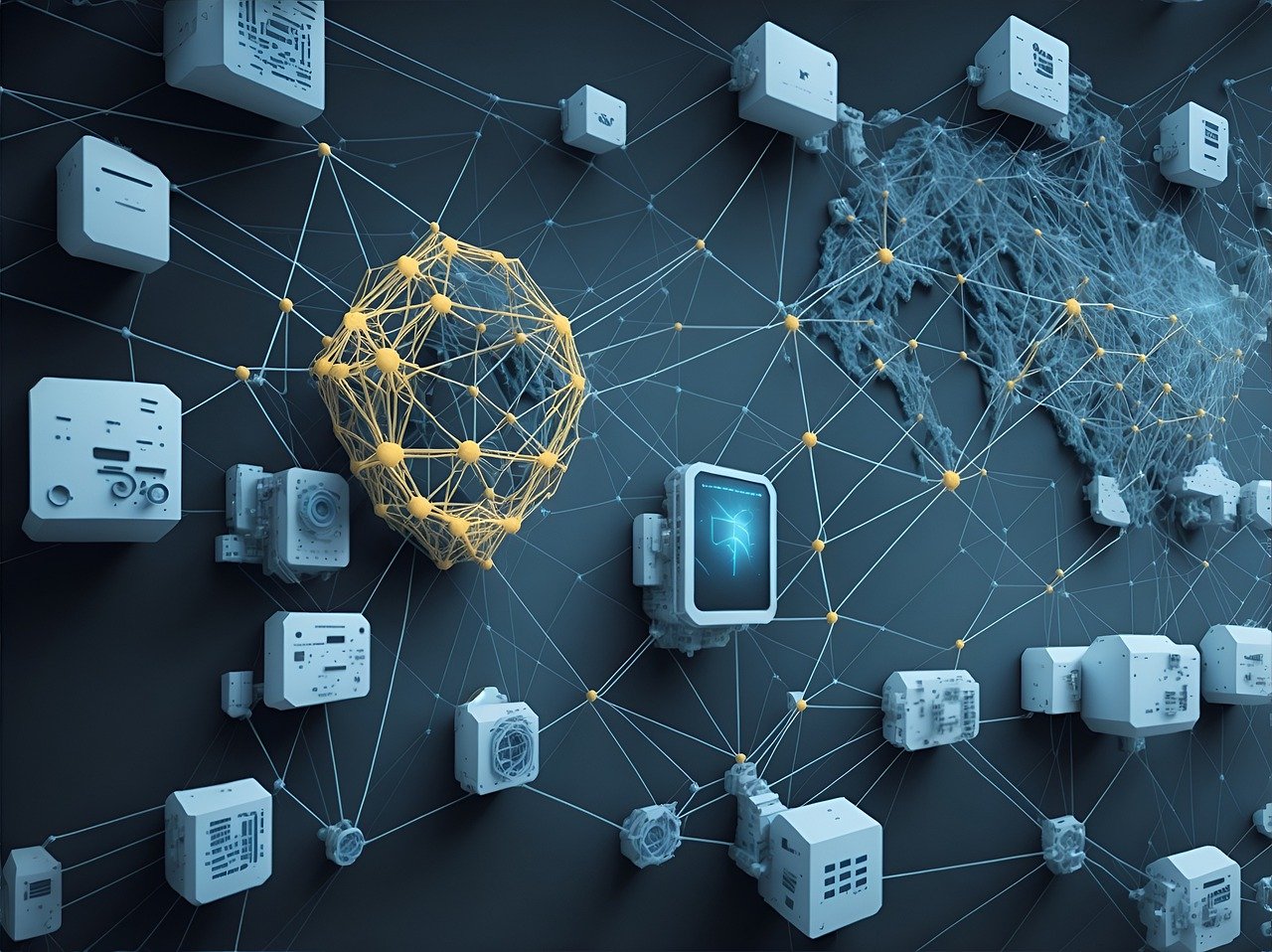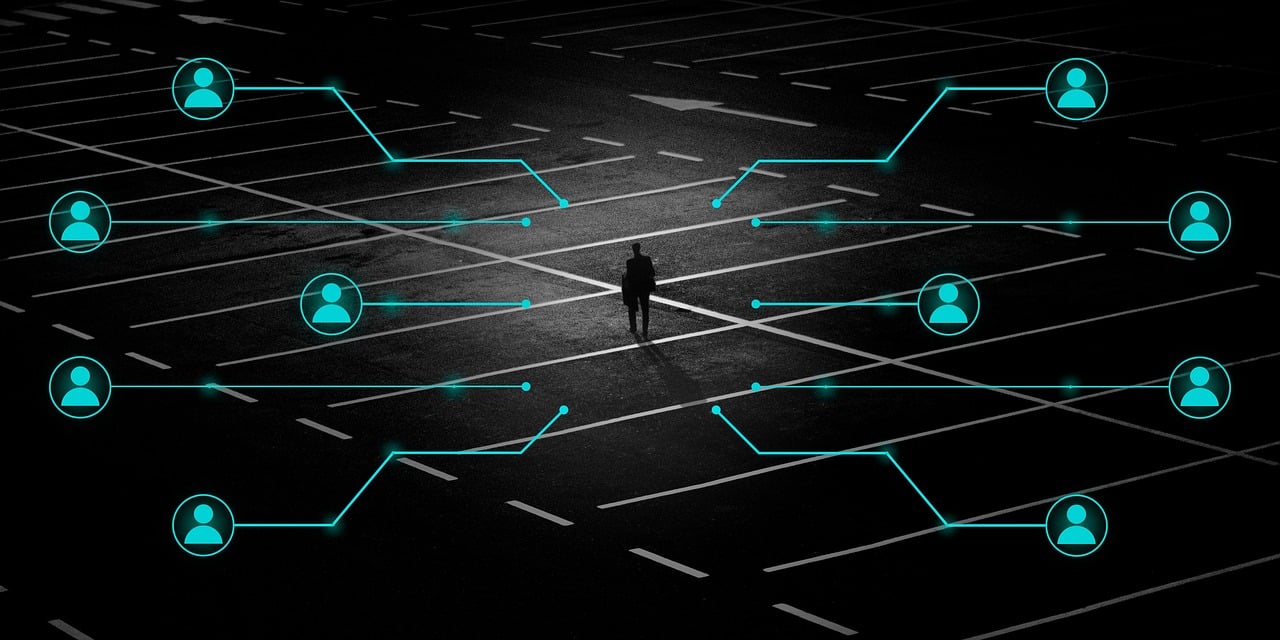
Future developments of the IoT
The internet of things (IoT) has established itself as one of the most transformative technological innovations of recent times. We’ve been talking about this technology and the advantages of connecting devices, software and sensors capable of collecting information together for a few years now.
The applications of the IoT are many, but although it is a technology that has already widely demonstrated its usefulness, there are still many sectors that can benefit from the use of the Internet of Things.
In this article, we will delve into the meaning of IoT, its main applications and the fascinating potential for future applications.
Understanding IoT
At its core, IoT refers to the interconnected network of physical devices embedded with sensors, software and other technologies, allowing them to collect and exchange data via the internet. These devices can range from everyday items such as household appliances and wearables to industrial machinery and vehicles. Seamless communication between these devices facilitates automation, data-driven decision making, and improved efficiency across various industries.
Main Applications of IoT
To date there are already many sectors and applications of the Internet of Things, let’s see some of them.
Intelligent Home Automation
One of the most popular applications of IoT is in smart home automation systems. IoT-enabled devices such as smart thermostats, lighting systems, security cameras, and voice assistants allow homeowners to monitor and control their home environment remotely.
Industrial IoT (IIoT)
In the industrial sector, IoT plays a crucial role in the form of the Industrial Internet of Things (IIoT). By integrating sensors and connectivity into manufacturing equipment and processes, IIoT enables real-time monitoring, predictive maintenance and optimization of production flows, leading to increased productivity and cost savings.
Healthcare
IoT is revolutionizing the healthcare industry by facilitating remote patient monitoring, personalized medicine, and efficient management of medical equipment and supplies. Wearable devices equipped with health sensors can constantly monitor vital signs, medication adherence and activity levels, allowing healthcare professionals to provide proactive and personalized care.
Smart Cities
IoT technologies are instrumental in the development of smart cities, where interconnected infrastructure components such as traffic lights, waste management systems and public transport networks improve urban sustainability, safety and quality of life. Through data analysis and real-time monitoring, cities can optimize resource use and respond promptly to emerging challenges.
Potential Future Applications of IoT
As we anticipated, the IoT can impact (and in some cases has already begun to do so) new sectors, let’s see some of them.
Autonomous Vehicles
The integration of IoT with autonomous vehicle technology offers immense promise for revolutionizing transportation systems. IoT sensors embedded in vehicles can enable seamless communication with road infrastructure, pedestrians and other vehicles, ensuring safer and more efficient mobility solutions.
Precision Agriculture
In agriculture, IoT has the potential to revolutionize traditional agricultural practices through precision farming techniques. IoT sensors deployed in fields can monitor soil moisture levels, weather conditions and crop health parameters in real time, allowing farmers to optimize irrigation, fertilization and pest control strategies.
Intelligent Energy Networks
The adoption of IoT in energy distribution systems can lead to the development of intelligent networks capable of managing the generation, transmission and consumption of electricity. IoT-enabled sensors and meters can facilitate demand response mechanisms, grid optimization and the integration of renewable energy sources, promoting a more resilient and sustainable energy infrastructure.
Wearable Devices for Health
The evolution of health wearables powered by IoT technology could revolutionize personal health monitoring and disease management. Advanced sensors integrated into wearable devices can continuously monitor vital signs, detect early signs of health problems and provide personalized health recommendations, allowing people to take proactive control of their well-being.
As IoT continues to evolve and expand its reach, the possibilities for innovation and transformation are virtually limitless. From revolutionizing industries and improving quality of life to addressing global challenges like climate change and health disparities, IoT has the potential to shape a more connected, intelligent and sustainable future. Embracing IoT technologies and leveraging their capabilities will be critical to unlocking the full potential of this paradigmatic phenomenon.
At PC Cube we have been working on the Internet of Things for years now and we can say that we have found some extremely interesting successful applications.
We have in fact developed a technological platform for the management of the food supply chain, positioning ourselves in the Agrifood sector which we have mentioned among the IoT innovations. If you are interested in the topic you can find out more about TerraOmnia by visiting the dedicated page https://www.pccube.com/terraomnia/
Another interesting application to explore is DocMon, which by combining IoT with artificial intelligence allows you to create digital inventories, greatly facilitating the lives of those who have archived all their data on paper by cramming them into warehouses. Learn more about DocMon here https://www.pccube.com/docmon/
If you want to apply IoT solutions to your reality, we can develop a customized solution based on your needs, do not hesitate to contact us by clicking here https://www.pccube.com/contact-us/








